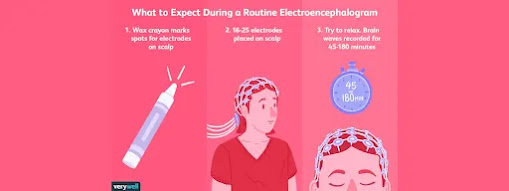Understanding Anxiety: Effects and Management
.jpg)
Anxiety is a common human experience that, when excessive, can lead to serious health issues affecting both mind and body. Prolonged anxiety can cause hypersensitivity, where every minor sensation is amplified, and difficulty in managing stress triggers, leading to potential health complications. Natural Ways to Calm Anxiety Exercise: Engaging in regular physical activity, such as a brisk walk or simple exercises, is effective in calming nerves and relaxing tense muscles. Physical movement releases endorphins, which improve mood and reduce anxiety levels. Spending Time Outdoors: Nature has a profound impact on mood and stress levels. Visiting natural environments like parks or gardens lowers stress hormones, boosts feel-good hormones, and promotes relaxation, aiding in anxiety reduction. Gardening: Getting your hands in soil and nurturing plants not only benefits physical health but also promotes mental well-being. Gardening releases mood-boosting hormones, helping to alleviat...








